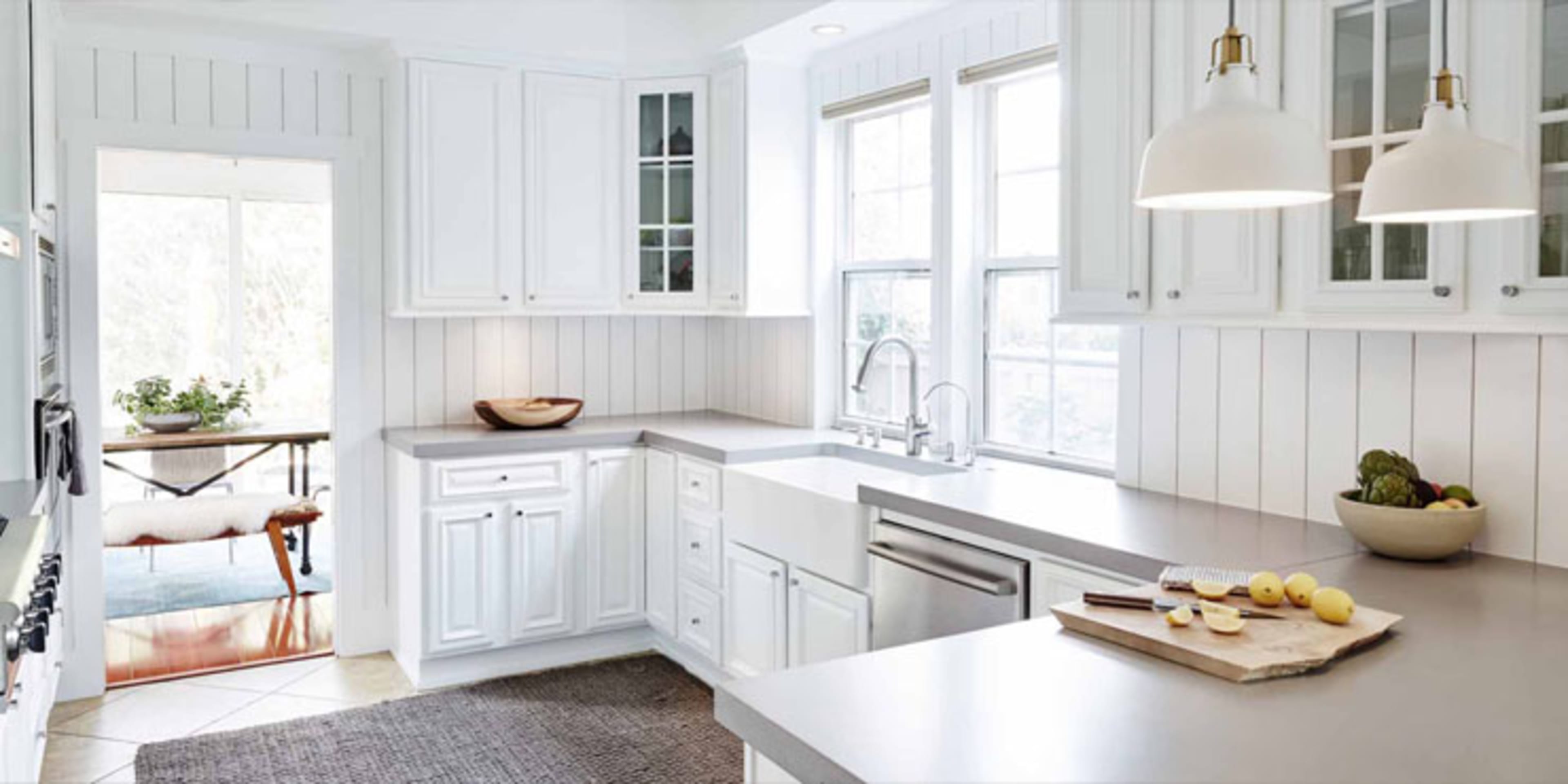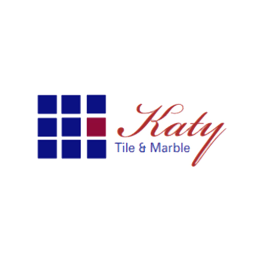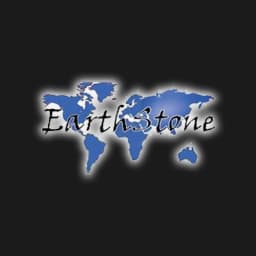

Countertop Company Resources
& Best Countertop Companies
Find a Top-Ranked Countertop Company Near You
We did the research for you!
- Licensing
- User Reviews
- Mystery Shopping Calls
Learn about our selection process.
Top Countertop Companies
= Featured Provider
New York, NY
Countertops NYC
New York, NY 10017Countertops New York
New York, NY 10017RGNY Tile
New York, NY 10001
Los Angeles, CA
Marble Granite Slabs Countertops Fabrication & Installation
Sun Valley, CA 91352The Planet Stone Global Corporation
Sun Valley, CA 91352Countertop Pros
Los Angeles, CA 90065
Chicago, IL
A-1 PAM
Chicago, IL 60634LDK Countertops
Elk Grove Village, IL 60007Artisan Home Improvement
Niles, IL 60714
Houston, TX
Katy Tile & Marble
Katy, TX 77450Ageless Stoneworks
Houston, TX 77015Foscari Interiors
Houston, TX 77098
Phoenix, AZ
Northman Marble & Granite, LLC
Phoenix, AZ 85040Arizona Tile & Stone Specialist
Chandler, AZ 85225VM Stoneworks
Mesa, AZ 85201
Philadelphia, PA
Wholesale Granite, Marble & Tile, Inc.
Ardmore, PA 19003Cosmos Marble & Granite
Huntingdon Valley, PA 19006Doyle Design
Philadelphia, PA 19140
San Antonio, TX
A2Z Granite & Tile, Inc.
San Antonio, TX 78205Delta Granite
San Antonio, TX 78217EarthStone
San Antonio, TX 78204
Dallas, TX
The Design House
2303 Colorado Boulevard, Denton, TX 76205Expertise.com Concierge Service
Dallas, TXDFW Granite
Dallas, TX 75220
San Diego, CA
J and M Interior Specialties
El Cajon, CA 92020Amazonia Kitchen & Bath
Solana Beach, CA 92075Blaze Tile & Stone
Escondido, CA 92029
San Jose, CA
European Cabinets & Design Studios
Palo Alto, CA 94303CAGE Design Build
San Jose, CA 95150Dave the Marble Guy
San Jose, CA 95112
Top Countertop Companies in other locations
- Countertop Companies in Milwaukee, WI
- Countertop Companies in Seattle, WA
- Countertop Companies in Denver, CO
- Countertop Companies in Nashville, TN
- Countertop Companies in Washington DC
- Countertop Companies in Louisville, KY
- Countertop Companies in Portland, OR
- Countertop Companies in Oklahoma City, OK
- Countertop Companies in Atlanta, GA
- Countertop Companies in Albuquerque, NM
Find a Top-Ranked Countertop Company Near You
Frequently Asked Questions
Introduction
Installing or replacing countertops can have a huge impact on the appearance, décor, and atmosphere of your kitchen. But with so many options, choosing a countertop material can be overwhelming. The various materials commonly used provide differing benefits and disadvantages. Narrow your choices by comparing cost, value, versatility, maintenance, durability, and appeal. Get the answers to some key questions about countertops to help you make an informed decision.
What are options for countertops?
Options for countertop materials are vast. The most well-known are laminate, ceramic tile, quartz, marble, wood, granite slab, modular granite, and stainless steel. There are also lesser-known materials that are still quite popular, offering a unique flair. Some examples are bamboo, zinc, soapstone, and slate. Synthetic solid surface materials designed to mimic the appearance of natural stone are another option.Some homeowners and builders opt for concrete countertops. It’s an unusual material choice that requires custom craftsmanship. But, the results can be beautiful and durable. Think of stamped concrete patios. Poured concrete can be tailored to any shape or size, and coloring, texturing, and polishing the material can creates a gorgeous look.Recycled glass slabs or glass tiles are a recent trend that embraces sustainability. However, the slabs are expensive and hard to acquire, while the tiles are easy to find and install, but fragile.How do you clean countertops by material?
Here's how to clean various countertop materials:
- Granite: Use liquid dish soap, warm water, and a soft sponge to wash granite countertops. Apply rubbing alcohol periodically as a disinfectant.
- Quartz: Clean up spills quickly to avoid staining. Wash daily with soap and water. Use Windex and a nonabrasive pad for tough jobs. Soak for 10 minutes, if necessary. Remove grease with a degreaser that's safe for quartz.
- Marble: Protect marble surfaces with monthly applications of spray sealant. Apply sudsy hot water with a sponge or soft cloth for routine washing. Use mild soaps or detergents.
- Formica: Dish soap, Windex, baking soda, and mild household cleaners are safe to use for washing Formica countertops. A microfiber cloth works best. Clean seams with a soft toothbrush.
- Wood: Wash butcher block countertops with soap and water immediately after use. Apply mineral oil monthly, and avoid vinegar.
What is the most expensive countertop material?
Marble is typically the most expensive countertop material. The price ranges from approximately $75 to $250 per square foot. Maintenance is also costly. Pricing for quartz and stainless steel countertops starts at around $80 to $100, but usually doesn’t exceed $150 per square foot.
How do you install butcher block countertops?
Butcher block countertop installation requires a circular saw, a drill, clamps, a sander, utility knife, measuring tape, and miscellaneous installation supplies. Measure and cut the wood block to size. Attach it to the cabinets with clamps, glue, braces, and wood screws. Sand the surface and finish with an oil application.
Can you paint countertops?
Yes. In fact, a few coats of paint can transform kitchen and bathroom countertops. Choose paint formulated for your specific countertop material, such as laminate, ceramic tile, cultured marble, Corian, or butcher block. Properly cleaning and prepping the surface before painting is essential for a successful outcome.
What is the effect of oven cleaner on countertops?
Oven cleaner chemicals are too strong for common countertop materials. It erodes the varnish coating on butcher block counters, leading to water damage. Permanent discoloration and fading are possible on granite, quartz, and Formica. It eats away at tile finishes and grout. Stainless steel fares the best, but may be stained.































